LIFT – Lightweight Innovations For Tomorrow, a Manufacturing USA institute, has announced the release of “Engineering Work-and-Learn: Imperatives for Innovation,” a report aimed to support universities work in better preparing engineering students for the workplace.
The report captures four key imperatives for university faculty, administrators, and industry partners to innovate work-and-learn models to better prepare engineering students for work in industry. The four imperatives are:
- Engineering graduates should have deeper understanding of how their role intersects with other processes and individuals in the workplace.
- All engineering students should participate in high-quality and innovative work-and-learn experiences during their undergraduate and graduate programs.
- Engineering curriculum must be responsive to evolving industry needs, including the needs of small, medium, and large employers.
- Work-and-learn models should be more widely implemented in university engineering programs and not reliant on a small group of ‘champion’ professors or administrators.
The report also presents recommendations for addressing these imperatives along with case studies on innovative practices from promising work-and-learn programs from around the country.
In June 2018, nearly 50 representatives of university engineering programs and industry gathered in Washington, D.C. for a workshop organized by LIFT, APLU, and NCMS, in partnership with Manufacturing USA. The workshop was focused on advancing university engineering and manufacturing education. and was entitled, “The New, Innovative, and Re-Imagined World of Employer-Engaged ‘Work-and-Learn.’” Participants united around their belief that industry and educators need to work together to increase opportunities for engineering students to gain real-world work experience.
“Only by convening all of the parties involved can we truly align the needs of the manufacturing base with the competencies students are developing in their programs of study,” says Emily DeRocco, Vice President, Education and Workforce Development, LIFT. “As a national innovation institute, we have a responsibility to bring industry and educators together to not only develop, but also implement the strategies needed to ensure our graduates are ready to work in today’s advanced manufacturing industry environment.”
The workshop was part of the initiative to form and deploy LIFT’s Expert Educator Team (EET), also supported by APLU and NCMS, which has published three reports of recommendations on how colleges and universities can modify current curricula to reflect the knowledge and skills necessary for jobs encompassing the new lightweighting technologies, materials and processes being developed at LIFT. Those reports and more information on the EET can be found on LIFT's website.
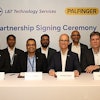
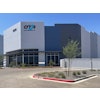






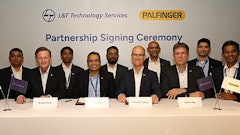






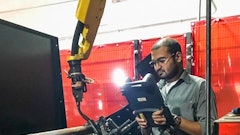
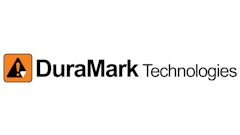
![Hcm Ax Landcros Press Release[32] jpg](https://img.oemoffhighway.com/mindful/acbm/workspaces/default/uploads/2025/11/hcmaxlandcros-press-release32jpg.mAEgsolr89.jpg?ar=16%3A9&auto=format%2Ccompress&fit=crop&h=135&q=70&w=240)